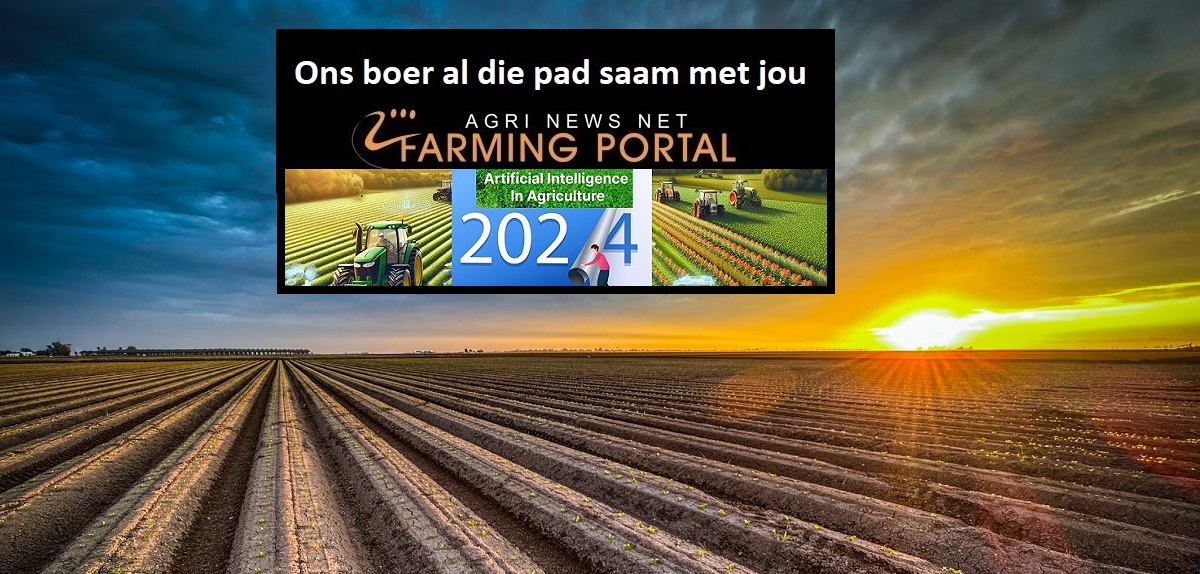While much of the agricultural production of countries with large populations such as India and China is for domestic consumption, Russia is a major food exporter and has identified food and fertiliser as a key tool for securing its geopolitical influence.
Russia is rapidly increasing its agricultural output in an attempt to diversify its economy, and is using food and fertiliser diplomacy to gain political influence across Africa. This is a major concern for Western powers that are losing influence on the continent, having failed to effectively isolate Russia.
In a recent interview with Le Parisien, French foreign minister Stephane Sejourne warned that a Russian victory in Ukraine could see the Kremlin gain control of a third of global wheat exports. The minister emphasised that France would face a significant food crisis and escalating inflation as a result.
As a major wheat producer itself, France could always tax wheat exports to avoid such a scenario. But French wheat exporters and the foreign ministry are certainly at risk because Russian dominance would lower French wheat export revenues while reducing the country’s political influence.
Russia already accounted for 80% of Egypt’s wheat imports prior to Egypt joining the Brics bloc and it is a significant supplier to Turkey, another important country in terms of its location on key trade routes. But the biggest moves are being made in Sub-Saharan Africa, where Russia is literally giving away free wheat and fertiliser to secure its political influence.
The largest country by land mass has had several bumper harvests, lowering prices and reinforcing Russia’s position as the world’s top wheat exporter. It supplied roughly 22% of global wheat exports in 2023, compared to 16% in 2022, with forecasts trending higher as output in Russia increases and output from a war-torn Ukraine declines.
This is partly the result of sanctions. In response to sanctions after the annexation of Crimea in 2014, import substitution proved a major catalyst for increasing Russia’s agricultural output. Russia subsequently overtook France as the biggest wheat supplier to Algeria and has surpassed US wheat exports to Nigeria and Egypt too. This has made Russia an influential player in global food markets, with many African states particularly reliant on imports of Russian grain and fertiliser.
According to the Russian Association of Fertiliser Producers, Russia has risen to become the world’s second-largest producer of mineral fertiliser after fellow Brics member China, with a 40% increase in output over the past decade to 55-million tonnes per year. Russia now plans to boost output to 70-million tonnes over the next five years, having already overtaken the US and India in total fertiliser production. Despite sanctions, Russia remains the second-largest supplier of fertiliser to Poland after Germany, and the second-largest supplier to the US after Canada.
While some agricultural exports have not been shipped due to sanctions, overall Russia’s food and fertiliser exports continue to increase each year, diversifying an energy export-dependent economy. This could provide the Kremlin with a crucial source of export income at a time when the world is transitioning to cleaner sources of energy, and has provided Russian President Vladimir Putin with a perfect opportunity to win over poorer nations through food and fertiliser diplomacy.
This can be seen with recent donations of free fertiliser to countries such as Malawi, along with free grain shipments to the Central African Republic, Burkina Faso, Zimbabwe, Mali, Nigeria, Kenya and Eritrea. While making its donations Moscow has simultaneously accused the West of allowing poor African countries to go hungry by blocking Russian exports with sanctions. UN data suggests only 2% of the Ukrainian grain released for export under a UN-brokered deal was actually exported to Africa, a point Moscow emphasised repeatedly when unilaterally withdrawing from the agreement.
Despite the Kremlin’s insistence that the grain deal was not being implemented as promised, most of Russia’s agricultural product is still going to market, and Russia’s withdrawal was more likely the result of military strategy. After several attacks on the Kerch Strait bridge that connects Crimea to the Russian mainland, blockading Ukraine in the Black Sea could help Moscow defend Crimea while cutting off a desperately needed source of revenue (estimated at $6bn per year) for Ukraine.
Withdrawal from the deal has also heaped pressure on Ukraine’s wheat producing neighbours. The Hungarian agriculture minister claimed in 2023 that Hungarian farmers lost 40% of their income due to Ukrainian grain transitioning through the EU instead of the Black Sea, and complained that the compensation offered by the European Commission had fallen short of the losses incurred by the farmers. Facing elections, the Polish government banned Ukrainian wheat and the agriculture minister resigned, but it was too late and the governing party was still voted out of office.
We have seen similar election results in the Netherlands, and there have been protests recently in both France and Germany, where the government in Berlin cut subsidies for diesel to try to save money that was unlawfully taken from a coronavirus emergency fund and sent to Ukraine. The increased energy costs resulting from the sanctions policy is starting to affect European farmers and spending priorities, and this is having political consequences across the EU. The right-wing AfD is gaining ground in Germany, and a pro-Russia party was recently elected in Slovakia.
Sanctions on Russian energy have increased food production costs across Europe as greenhouses become more expensive to run and increased diesel and fertiliser prices add to production costs for conventional farmers. This could make EU food producers less competitive and give Russia even more influence. Russia has already annexed 20% of Ukraine’s most productive farming regions and may emerge from the war with even more dominance over global grain markets.
Combined with a strategy to win over African states with free food and fertiliser, one begins to wonder whether Russia’s most powerful weapons of war are not tanks and missiles, but diesel, wheat and fertiliser.
• Shubitz is an independent Brics analyst.















